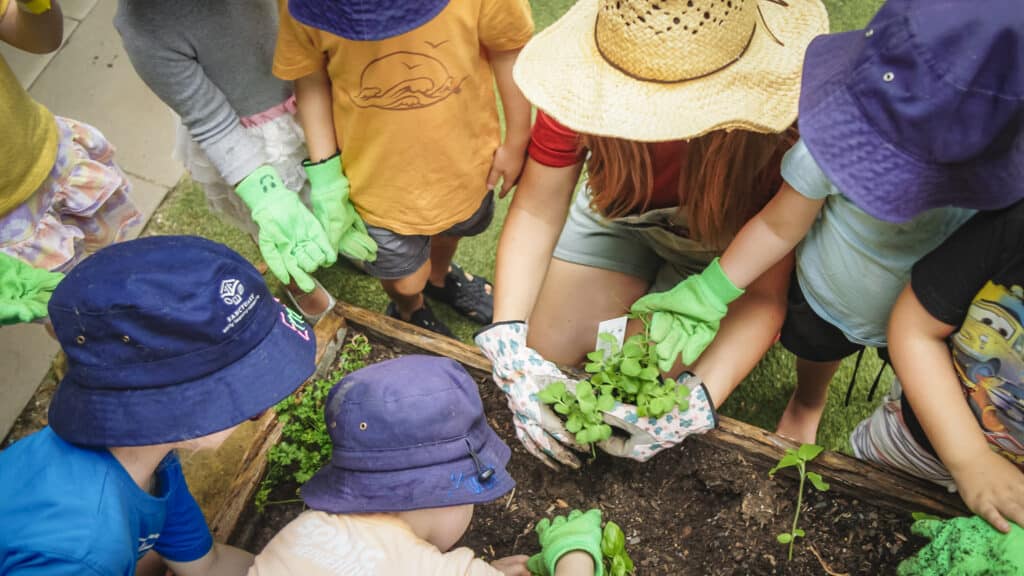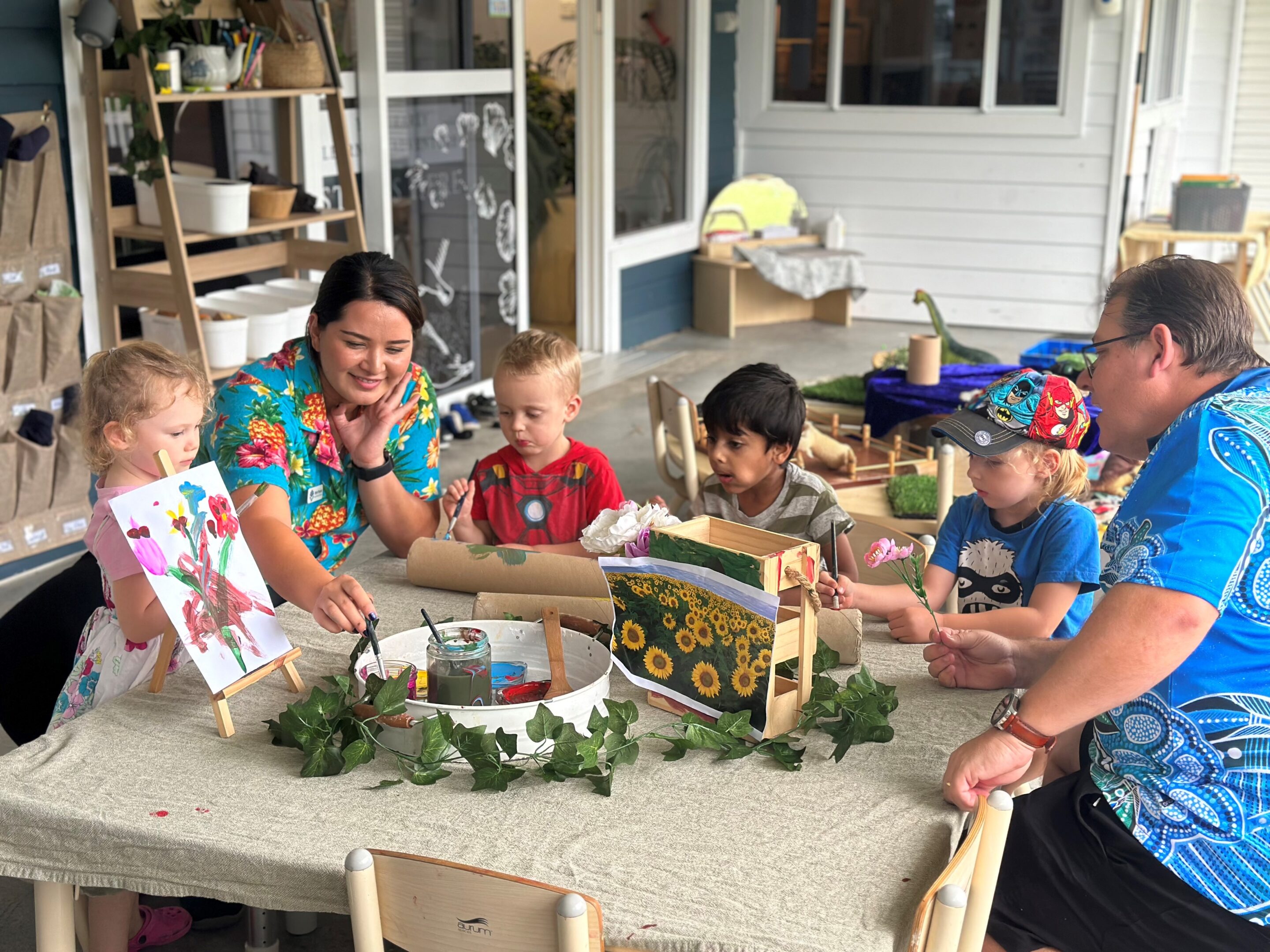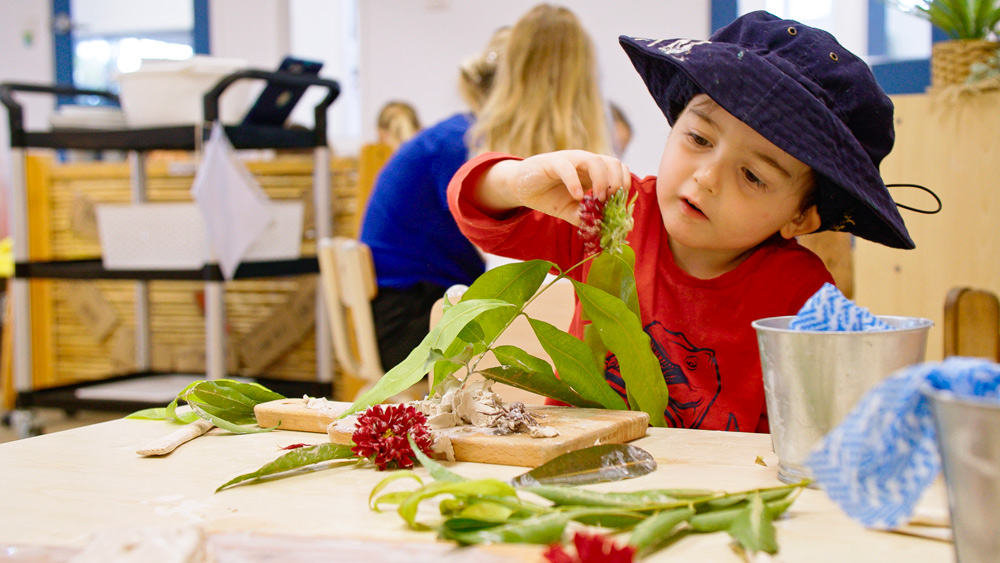
Early childhood education plays an important role in shaping a child’s future, and incorporating STEAM activities into their learning journey can have a profound impact on their development.
In this blog, we will explore the significance of STEAM in early childhood education and delve deeper into how it cultivates skills that prepare children for success in the modern world.
An Overview of STEAM
STEAM education encompasses the fields of science, technology, engineering, the arts and mathematics. This educational framework integrates these fields into a cohesive learning paradigm based on real-world applications. It’s an approach that acknowledges the interconnectivity of these disciplines, preparing children for a world where these skills are indispensable.
- Science involves the exploration of the natural world, conducting experiments and understanding the laws that govern it.
- Technology focuses on the application of scientific knowledge to create tools, devices and systems that improve our lives.
- Engineering involves designing, building and problem-solving to develop innovative solutions to real-world challenges.
- Arts encompass various forms of creative expression, including visual arts, music, dance, drama and more.
- Mathematics provides the foundation for quantitative reasoning, logical thinking and problem-solving skills.
Collectively, these STEAM disciplines form the backbone of innovation, progress and advancements in various fields, including healthcare, communications, transportation and environmental sustainability. By introducing children to STEAM concepts in early childhood education, we equip them with the foundational skills and mindset needed to navigate and excel in a rapidly evolving world.
Building strong foundations
Early childhood is a period of rapid development and learning. It is during this time that children are most receptive to new experiences and concepts. By introducing STEAM concepts at an early age, we lay the foundation for future learning.
STEAM activities such as building with blocks, experimenting with simple machines and exploring nature not only captivate children’s imaginations but also engage them in hands-on learning experiences. These activities stimulate their cognitive and sensory development while encouraging them to think analytically and creatively.
Fostering Curiosity
Children are naturally curious, and STEAM education harnesses and nurtures this innate curiosity. By engaging in hands-on experiences and experiments, children learn to ask questions, observe, predict and analyse.
These activities not only stimulate their intellectual development but also encourage them to seek answers independently. Through STEAM, children develop a passion for discovery and become active participants in their own learning journey.
Promoting Growth Mindset
STEAM education promotes a growth mindset where children understand that making mistakes and encountering challenges are integral parts of the learning process. By encouraging them to explore and experiment, we foster resilience and perseverance.
Children learn to approach problems and adapt their strategies when faced with obstacles. This willingness to explore and learn from failures is invaluable not only in STEAM fields but in all aspects of life.
Developing Problem-Solving Skills
In a rapidly evolving world, problem-solving skills are invaluable. STEAM education helps children develop a systematic approach to problem-solving. They learn to break down complex problems into smaller, manageable parts, analyse the situation and devise creative solutions.
These skills not only apply to scientific and mathematical challenges but also extend to real-life situations. By cultivating problem-solving abilities from an early age, children become more adaptable, resilient, and better equipped to face future challenges.
Cultivating Critical Thinking and Analytical Skills
Through engaging experiences, children learn to make observations, collect data and draw conclusions. They develop an understanding of cause and effect, learn to make logical connections and develop evidence-based reasoning.
Critical thinking skills are important for distinguishing facts from opinions and evaluating the credibility of sources. STEAM education equips children with the ability to think critically and question the world around them.
Encouraging Collaboration and Communication
Through group projects and experiences, children learn to work together, share ideas and respect diverse perspectives. They learn effective communication strategies and the importance of listening and expressing themselves clearly. These skills foster teamwork, empathy and cooperation, preparing children to become effective contributors in a collaborative environment.
Nurturing Creativity and Innovation
The addition of the arts to the STEM model broadens the scope of learning and innovation. It encourages children to think outside the box and explore unconventional solutions.
This integration of creativity with science and technology sparks the imagination and paves the way for innovation. The ability to think creatively and innovatively is important for solving complex problems and driving advancements in every field.
Well-Rounded Early Education for Your Child
At Sanctuary Early Learning Adventure, we are passionate about nurturing young minds through our comprehensive and engaging curriculum. By seamlessly integrating both STEAM (Science, Technology, Engineering, Arts and Mathematics) and the Early Years Learning Framework (EYLF), we provide a holistic approach to your child’s development.
Through hands-on experiences, experiments and age-appropriate technology, we ignite their curiosity and help them discover their passion. Whether it’s through artistic expression, imaginative play or project-based activities, we foster a love for learning that extends beyond the classroom. Contact us today to learn more and enrol with us.






